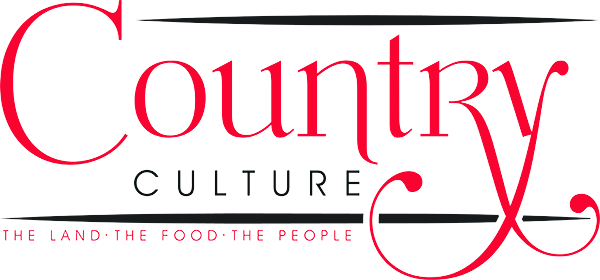Lindsay Allen, owner of Fern Hill Farm in Buckland, MA, lives in the house that once belonged to the town’s beloved doctor, the late Dr. Mark Purinton, who provided care for his community from his home for almost 40 years.
Following in his footsteps, Allen is providing care for her community by growing healthy food and offering CSAs for Buckland and beyond. In her first year of offering CSAs, “already half the neighborhood has signed up.” Shares will be ready for pick up each month starting in July.
A first-generation full-time farmer, Allen bought her property four years ago. All told, she has acquired 14 years of agricultural experience, having farmed in California, Illinois and Boston. For the five years prior to purchasing this farm, she started and managed the rooftop farm at Boston Medical Center, growing food for the patients and the Greater Boston Food Bank before moving to Western Mass.
“All the patients were screened for food insecurity. A prescription was given for the patients [in need] to get food from the food pantry. They fed hundreds of families every month. It was harder for families to get greens,” Allen said, so the rooftop farm grew them to provide their vegetable needs, and for a cooking class hosted at the hospital.
They also grew food for a weekly in-hospital farmers market. The farm grew between 5,000 and 8,000 lbs. a food a year.
For the rooftop gardens, Allen used potting soil from the Vermont Composting Co. At her own farm, she swears by the company and uses only their potting soil to start her seedlings.
This is the first year that she offered pre-ordered plant starts to her customers, including tomatoes, basil and peppers. They normally sell their seedlings at Ashfield Farmers Market. They sell produce through the Hilltown Mobile Market that picks up and delivers produce to over a dozen Hilltown locations as well as having a physical store in Worthington. Fern Hill Farm offers produce wholesale to different restaurants and schools and grows produce for the Hilltown Food Pantry as well.
The produce at Fern Hill Farm is grown without pesticides – “beyond organic.” Allen has intentionally planted two acres of her farm using agroforestry methods. She has a master’s in agroforestry from the University of Missouri. Agroforestry includes silvopasture (grazing livestock amongst the trees), forest farming (which integrates forestry with livestock or crops such as mushrooms, ginseng and edible plants using the forest canopy to shade the plants) and alley cropping systems.
Two years ago, “we planted all of our fruit and chestnut trees using an alley cropping system,” Allen said.
They planted honeyberries, black raspberries, rhubarb and asparagus between the rows of quinces, Asian pears and chestnut trees. The trees are planted in wider rows than is traditionally done to allow space to work along the other crops of perennials and annuals.
The rhubarb and asparagus are the cash crops that can be harvested before the trees leaf out and before they bear fruit. When the trees do leaf out, they provide shade for the perennials. They got their first crop of honeyberries last year.
All the plantings “synthesize to work together in symbiotic relationships in terms of timing,” Allen explained. “The asparagus comes up early, to have an early crop and cash flow. It fits into our no-till system. The honeyberries are a shade tolerant plant and very hardy, assisting in soil mobilization and adaptability and are the earliest berry in the region, ready the first week of June.”
The perennials are hardier than the annuals in their rugged terrain. Their property is on a hillside and the differing depths of root systems help retain the soil.
In the past, floods almost wiped out all her annuals. “We keep getting rain – not light rains, deluges. It helps to have trees and shrubs and different plants that have different root systems at different levels,” she said.
In the face of climate change, Allen asked herself, “How do I have a more resilient system? How can perennials assist and support annual production under these climatic changes? With more heat coming, having dappled shade from trees will be a benefit to many annuals, offering reduced heat, partial shade, wind reduction and soil stabilization.”
It’s a family affair at Fern Hill Farm. Allen is helped by her mother, husband, sister and sister-in-law who reside at the farm as well. She has two part-time employees and welcomes volunteers.
She wouldn’t mind having her 30 CSA orders expand to 45, but no more than that. Ever mindful of food insecurity, she offers free CSAs to eight families and has a waiting list for more free boxes. Other CSA members and community members donate to provide the free boxes. Three different families/individuals perform work trades for their CSA boxes that are full of seasonal offerings each month.
“I love growing healthy, seasonal food for people, and helping be part of the local food security system,” she said.
She also offers farm bouquets that reflect the blossoms of the season such as snapdragons, zinnias, dahlias and sunflowers.
Allen harvests quinces from an older quince tree that was already on the property when they bought it. She loves membrillo, a sweet fruit paste made from quince, traditionally eaten with Manchego cheese.
For more information, access fernhillfarmma.com.




